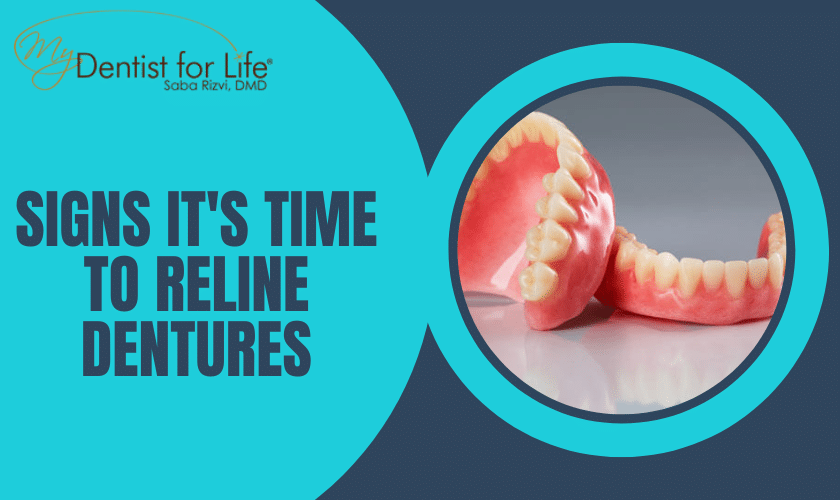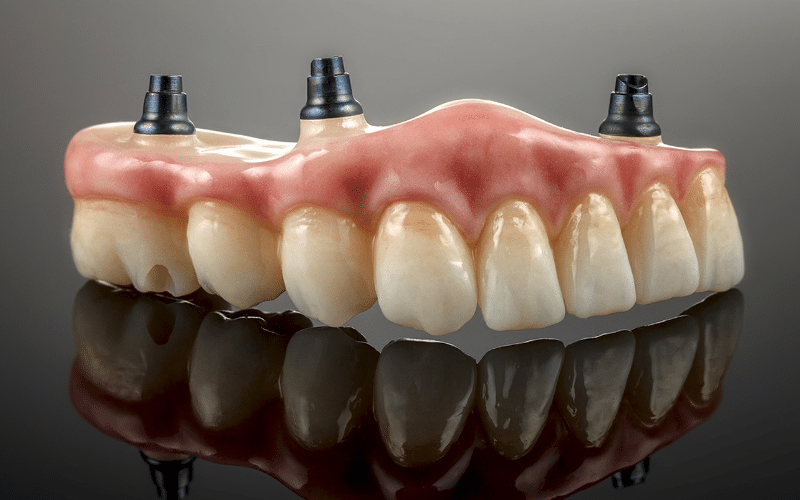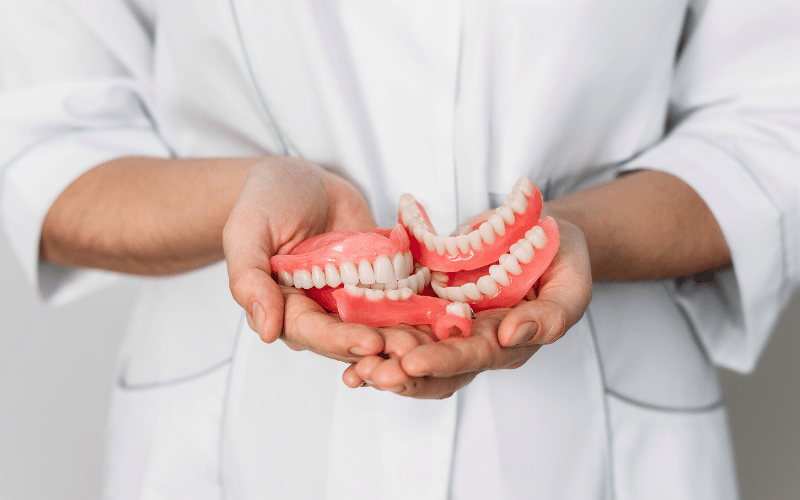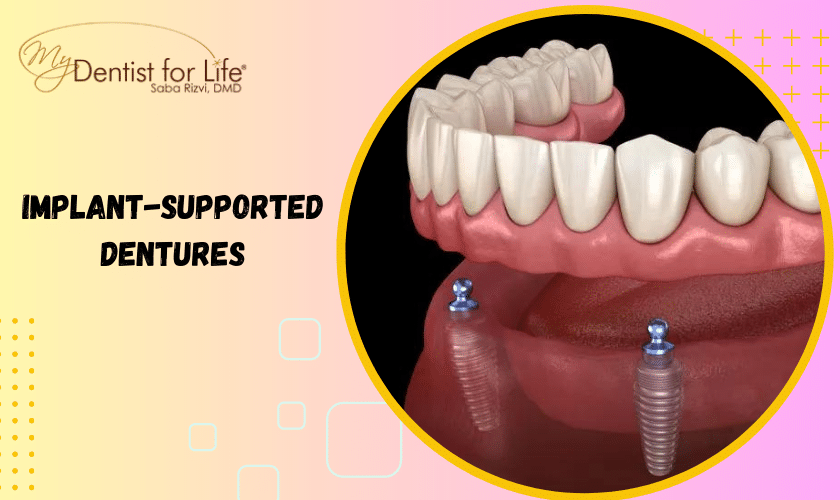ONLINE SCHEDULING AND VIRTUAL CONSULTS AVAILABLE

How Do You Know When It’s Time to Reline Dentures?

Denture relines are an important part of any denture wearer’s treatment plan since they help ensure good fit and comfort. When dentures become loose or uncomfortable, this often means that a reline should be performed in order to restore them to their original shape and condition. A reline can also help reduce the chances of developing sores, blisters, and other painful symptoms due to an ill-fitting denture.
When caring for dentures, it’s important to understand the signs that indicate when it might be time for a reline. A denture reline is a procedure that can help improve denture fit and comfort by replacing the inner lining of the appliance with new material. This article will discuss some key indicators you should look out for so you know when it’s time to consider getting a denture reline.
Signs That Indicate When It Might Be Time To Reline Dentures
Several signs can indicate when it is time to consider a denture reline. Some of these include:
1. Loose Fit
2. Painful Symptoms
3. Poor Hygiene
1. Loose Fit
Slipping While Eating or Speaking – If your dentures slip out of place while you’re eating, speaking, or smiling, this could signify that it’s time for a reline.
Loose Fit Around Gums – If your denture no longer fits snugly around your gums, this can also indicate that it’s time for a reline.
Uncomfortable Pressure Points – If you feel pressure in certain areas of your mouth while wearing dentures, this could be a sign that they are too loose and need to be relined.
2. Painful Symptoms
Sores or Blisters – If you experience sores, blisters or other painful symptoms in your mouth due to ill-fitting dentures, this indicates that it’s time for a reline.
Vibrations – If you feel vibrations when talking, this could indicate that the dentures are too loose and need to be adjusted with a denture reline.
Excess Saliva Production – Increasing saliva production when wearing dentures could indicate that they no longer fit properly and should be relined.
3. Poor Oral Hygiene
Bacterial Buildup – If your dentures become discolored or develop a bad smell due to bacterial buildup, this is an indication that they need to be cleaned or replaced with a new set of dentures.
Food Particles – If your dentures have visible food particles, this could indicate that they are not fitting properly and need to be adjusted with a reline.
Poor Oral Health – If you experience bad breath or other signs of poor oral health after wearing dentures for an extended period, this may indicate that it’s time for a reline.
Final Words
Denture relines can help restore worn-out dentures to their original shape and condition, allowing the wearer to enjoy a comfortable and secure fit without the pain associated with ill-fitting dentures. By looking out for signs such as loose fit, painful symptoms, and poor hygiene when wearing dentures, you can help ensure that you get the most out of your denture.
Frequently Asked Questions
It depends on the type and condition of your dentures, but typically it is recommended to have them relined every 6 to 12 months in order to keep them fitting properly.
During a denture reline, the inner lining of the appliance is replaced with new material in order to make them fit more comfortably and securely around your gums.
No, getting your dentures relined is not painful. In fact, it can help reduce the pain and discomfort associated with ill-fitting dentures.




